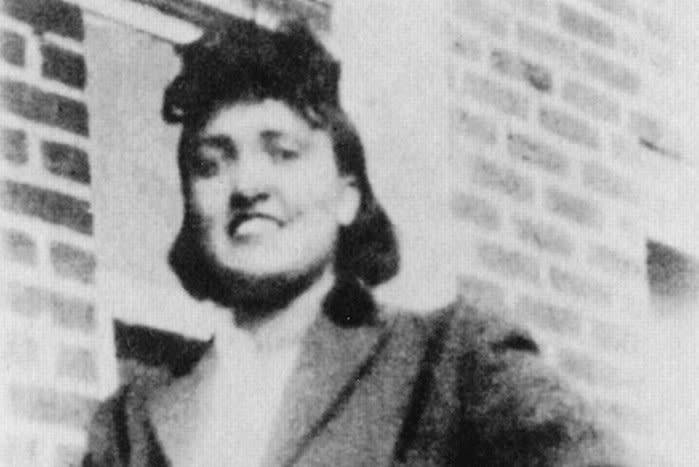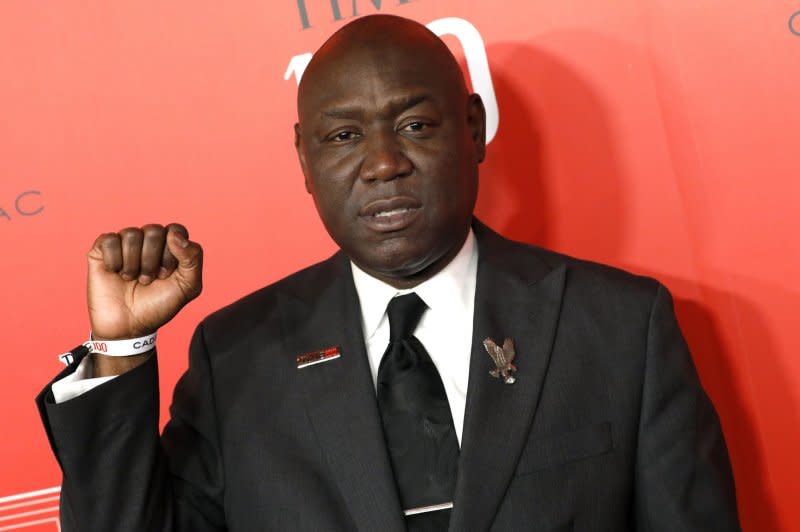Cell donor Henrietta Lacks' descendants reach settlement with biotech firm

- Oops!Something went wrong.Please try again later.
Aug. 1 (UPI) -- The descendants of Henrietta Lacks announced on Tuesday that they have reached a confidential settlement with the biotech company Thermo Fisher over the use of cancer cells taken from her without her knowledge or permission in 1951.
The cells were used for scientific research at Johns Hopkins Hospital.
Tuesday would have been the 103rd birthday for Lacks. The African American woman died of cervical cancer more than 70 years ago, but her cells became the source of what is known in the research community as the HeLa cell line, the first human cells to be successfully cloned and which have become a critical staple in medical research.
Lacks, a poor tobacco farmer from Virginia at the time, and her family were never compensated for the use of the cells.
The family, led by civil-rights advocate and attorney Benjamin Crump, argued in a 2021 lawsuit that the biotech company continues to profit unjustly from using the cell line without compensating the family.

"The exploitation of Henrietta Lacks represents the unfortunately common struggle experienced by Black people throughout history," the family's original complaint said. "Too often, the history of medical experimentation in the United States has been the history of medical racism."
Thermo Fisher has argued that the family's lawsuit was not filed in a timely manner and that it should not be the company responsible for compensation. The billion-dollar biotechnology company had been trying to get the lawsuit dismissed before Tuesday's agreement was announced.
A settlement hearing was held on Monday, but the closed-door meeting lasted into the night and the results were not disclosed.
The story made national headlines in 2010 when author Rebecca Skloot exposed the story in her book The Immortal Life of Henrietta Lacks. The story gained more notoriety when HBO turned the book into a movie starring Oprah Winfrey in 2017.
Afterward, Johns Hopkins acknowledged the facts in the book and admitted it should have done more to inform and work with members of the family.
The "immoral" HeLa cell lines continue to be used today in biomedical tests. They helped scientists eradicate polio, develop the HPV vaccine, and more recently played a role in creating the COVID-19 vaccines.

